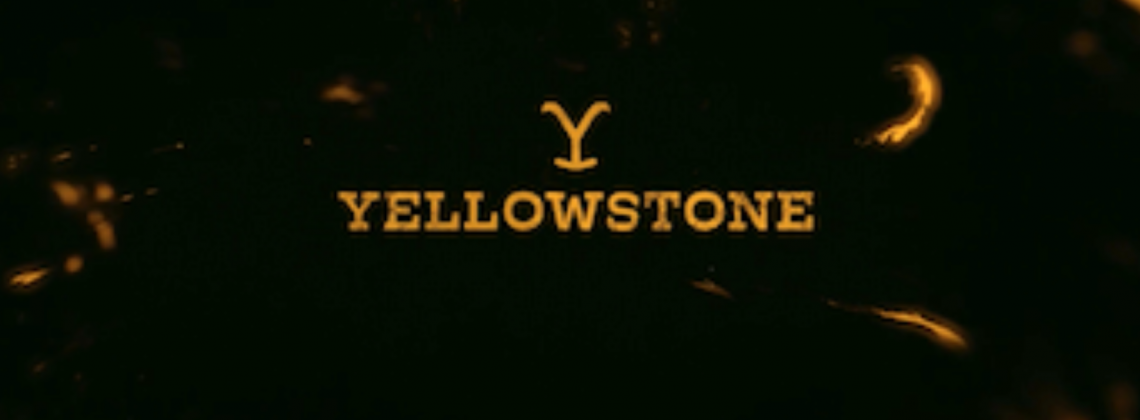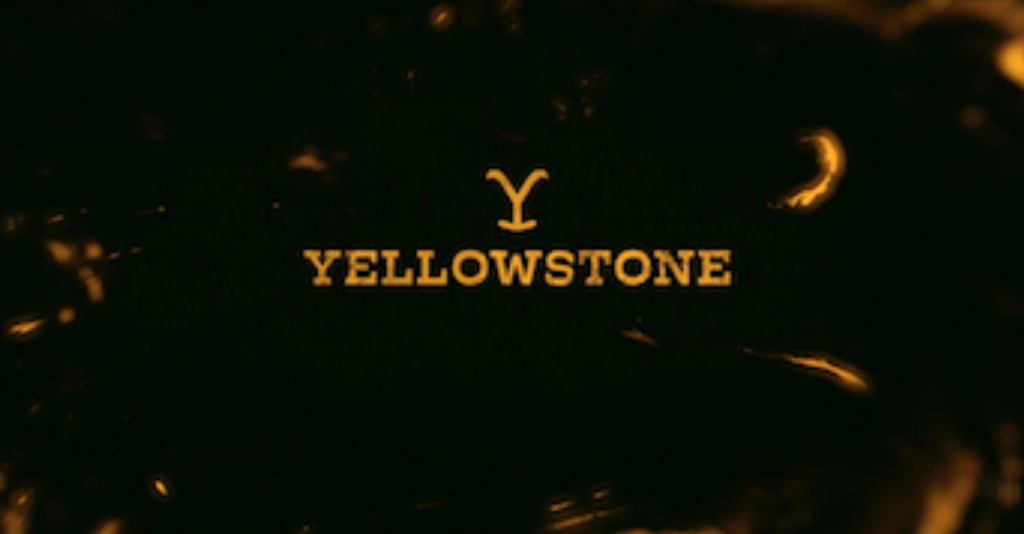

Can anything disarm our ignorance of the people we think we know?
It quickly became our favorite scene in a show we can’t stop watching. Beth Dutton (played by Kelly Reilly), daughter of John Dutton, rancher and patriarch of the Dutton family (played by Kevin Costner), launches an all-out verbal and physical assault on the woman she thinks represents the family’s biggest threat. It’s red-versus-blue America in one of the funniest scenes you will ever see. But it also unexpectedly showcases the regenerative power of hard-won—and increasingly rare—wisdom.
The woman Beth attacks is Summer Higgins (Piper Perabo), a vegan environmental activist who in a previous season met John Dutton in a clash that eventually landed her in prison. Opposites attract; the two sleep together. John, now governor of Montana, commutes her sentence and puts her under house arrest—in his home. He is hoping to use her to help him understand the activists. But Beth is beside herself with rage. “She’s not going to help you, Dad. You have invited your worst enemy to sleep in your bed.”
At the family dinner table that night the situation explodes. The cook serves a meat fest from animals John had hunted: venison, duck, and a meat Summer doesn’t recognize. Appalled, she launches into a screed against slaughtering innocent foraging animals. Beth suggests that they “just give her what we feed the horses.” When Summer discovers that the mystery meat is, as a matter of fact, dove, she shouts: “You’re serving the fucking bird of peace for dinner!?” Beth invites her for a “walk” to educate her on their “differing ways of life.” The two exchange punches and zingers until both are bloodied and Beth’s husband, the wise ranch hand Rip, comes out to stop them.
Yellowstone has taken a lot of Hollywood royalty by surprise. It is the brainchild of Taylor Sheridan, who has managed the rarest of things in the industry: to maintain complete creative control. He is the primary writer of the show and the major prequel series it has produced: 1883, starring Faith Hill and Tim McGraw, and 1923, starring Harrison Ford and Helen Mirren. These are big hitters to say the least. On Sunday, November 13 the season five premiere of Yellowstone attracted twelve million viewers, second only to the NFL’s Sunday night game. Obviously, Sheridan’s vision is resonating with a large number of people. Why?
Allow me to provide some theoretical context. Mikhail Bakhtin was an early twentieth-century Russian theorist of the novel. He argues that something he calls “dialogism” accounts for why fiction has tremendous power to change people’s minds. Dialogism is what happens when two opposing viewpoints are given flesh and blood, believable history, and an unobstructed voice. Although this theory obviously predates “prestige TV,” the concept is the same: Two (or more) opposing views are allowed to duke it out on stage. If all viewers can recognize themselves in the characters who speak with something close to their own voice, the fiction is fair and can succeed. If they cannot, it descends into propaganda. (Not surprisingly, Dostoevsky was a favorite of Bakhtin’s.)
No writer can completely avoid stereotyping what they do not know, and Sheridan is no different. Summer is his punching bag for blue America. But she is not just that. And make no mistake: The Duttons are not perfect. They are, however, very real. They are characters those who don’t live in urban areas (and share urban concerns) will recognize. Yellowstone succeeds because Sheridan has done something few writers have managed to do: He has given voice to a part of America that has felt silenced and disenfranchised by the elite. And he has done so without resorting to vicious satire, like Southpark, which withholds no punches and gives viewers nowhere to go. Instead, Sheridan pits the voice of reason against both extremes.
His voice of reason is Rip’s. When Rip interrupts the two fighting women, he says: “Do you know how stupid you both look? You look ridiculous. Do you think you’re gonna beat the other one into respecting your opinion?” He berates his wife (whom he deeply and tenderly loves) for her juvenile behavior: “Is this the kind of manners that you want to teach that boy [their adopted son]?” To Summer he says: “And you, I don’t know you, but you’re never going to convince someone to think the way that you think by insulting them in their own house.”
This is irreproachable wisdom. Rip then tells the women to trade punches until one of them gives up. Summer eventually relents. Beth offers her hand to pick her off the ground and says: “This is my fucking house. You will show me and everyone in it respect. Do you understand?” It sounds like a zero-sum victory when something unexpected happens. Summer asks, “What respect do I get?” Beth responds: “You get exactly what you give.”
At this moment I’m sure everyone in what I call purple America let out a sigh of relief. Finally, someone is speaking for us! Although the two combatants do not return to the house as friends, the scene reveals the necessary groundwork for anyone to change their mind about anything or anyone: mutual respect. To be sure, Beth still mocks Summer. Part of the hard-hitting hilarity of the show is that Beth says whatever she wants because she can get away with it. In a later episode, when one of the characters asks why she is so mean, she replies that it is fun “to point out the very thing everyone is thinking but they don’t have the spine to own it and say.”
But Beth is not the hero of this scene—Rip is. Through Rip, Sheridan derides all self-righteous ignorance that goes immediately into attack mode instead of searching for mutual understanding and common ground. This is the beauty of dialogism. When actual fighting is left where it should be—with the fictional characters—the rest of us have a chance to ask where we fit on the hostility-to-others spectrum. Are we fearful and defensive, like John and Beth? Are we, like Summer, ignorant and judgmental of people we do not understand? Sheridan’s own voice seems loudest in John’s commentary at the end of the scene. “Cowards rule the world these days, Rip. With coward rules and coward customs. To succeed all you gotta know is how to blame and how to complain.”
Yellowstone is not perfect. Sometimes it feels like a soap opera. Sometimes it feels like nostalgia for the Wild West, and sometimes like the Sopranos set in Montana. But more often it feels like the distant cousins of Will Shakespeare and Cormac McCarthy have got together to expose twenty-first century America’s sins. I know I’m asking a lot of the art of fiction, that it challenge our destructive ignorance of the people we think we know. But I don’t know of anything else that can disarm this place long enough to let a sliver of light in.
Christina Bieber Lake is the Clyde S. Kilby Professor of English at Wheaton College, and the author of Beyond the Story: American Literary Fiction and the Limits of Materialism.
Thank you, Dr. (Bieber) Lake for this great review. As Flannery O’ Connor wrote in one of her letters to a friend ( Betty Hester):
“It is hard to make your adversaries real people unless you recognize yourself in them—in which case, if you don’t watch out, they cease to be adversaries. I don’t know if that was Dostoevsky’s trouble or not. As for me you are mighty right I could do with some learning about souls not my own—only I wouldn’t be knowing where I’m to get that from. ”
The dialogism that is needed to help address our current political and cultural division is best on display in the organization ” Braver Angels”. ( https://braverangels.org/) Those of us who see ourselves in the characters of “Beth” or “Summer” need to join Braver Angels.
You describe the skill of Taylor Sheridan in contrasting these characters. ( Sheridan also wrote 2015’s Sicario, 2016’s Hell or High Water and Wind River which are even more provocative than Yellowstone. Sheridan knows Western themes. His movies have complex psychological themes about familial conflict , toxic masculinity and cultural contrast that are disturbing but cathartic and insightful.
Your review of Yellowstone ( the most melodramatic of Sheridan’s works) should make every serious reader wish for less toxicity in our culture and politics. Do you or John Fea (or any leaders/ writers) at Current support or participate in Braver Angels?